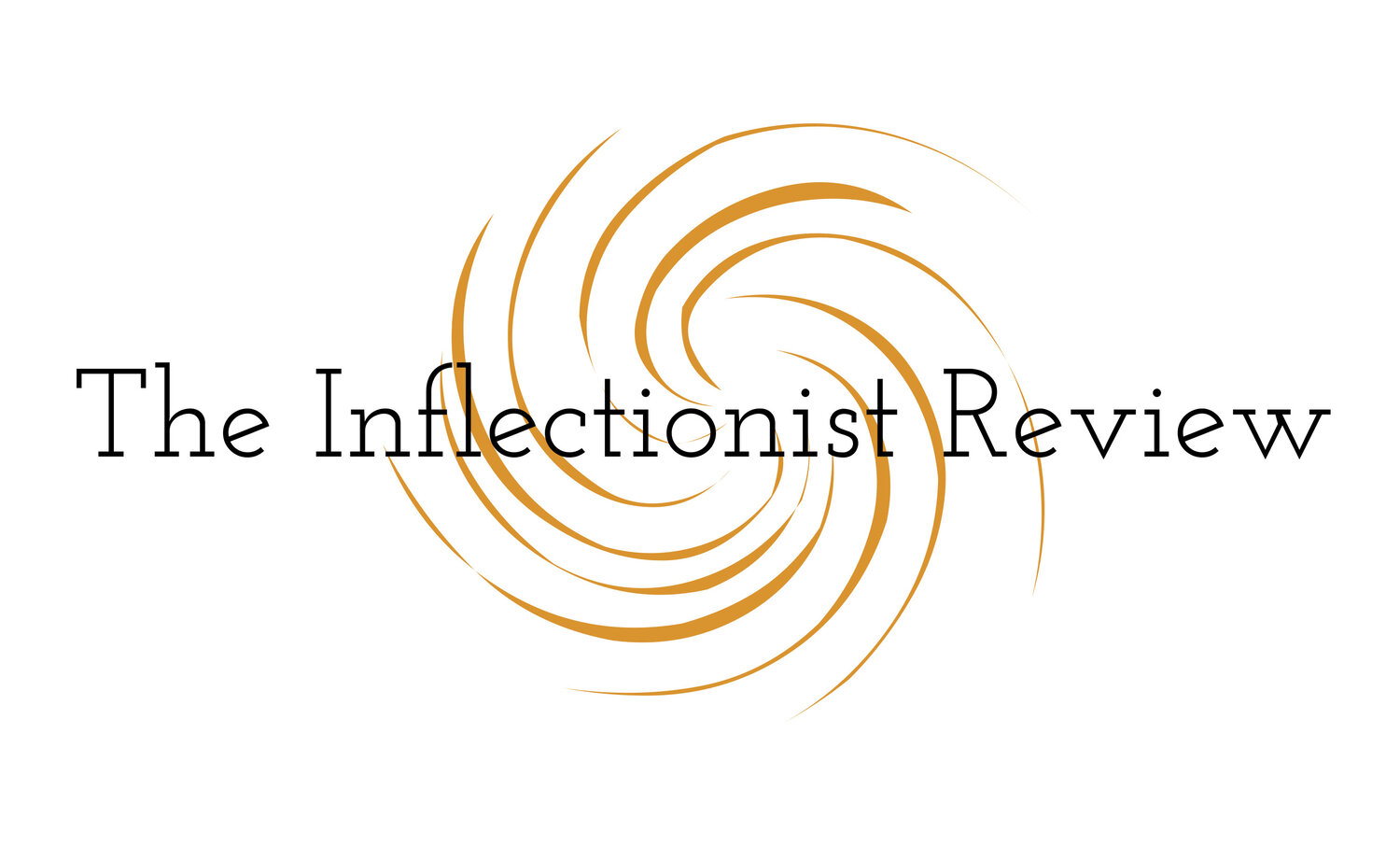Paul Telles
A PHOTOJOURNALIST ENCOUNTERS SHOSTAKOVICH IN A PARKING LOT
He blew off his assignment shooting seals
at Sea World because he needed to listen
to the Eighth String Quartet squeeze itself
through the sieve of a company car radio:
The harsh chords showed him
bombs falling like gray snow
on a city frozen to the steppes,
Klezmer skeletons dancing until they
crumbled, the sun painting gold leaf
on fields of unmarked graves.
When a man is in despair, it means
he still believes in something.
In a city filling with ice and blood,
he learned, any decent song includes
tramping boots and gunshots people
learn to ignore. A violin must whisper
to other violins in a darkened room.
Some part of every movement must hurt
your ears: One must speak the truth
about the past or not at all.
In a city filling with sun and sand
and meth and blood, he learned,
a newspaper is a song of denial.
A ballet is a means test. A sonata
is the tarp that covers a corpse.
“Of course, I heard gunshots.”
A black kid sneers at a sunburned white
reporter. “We always hear gunshots here.”
Palm trees press themselves against the sky
like dark fireworks. Sirens whip up
impromptu concerts. Music pouring
from car windows tangles with smog.
It makes you think the best way to hold
on to something is to pay no attention to it.
The things you love too much must perish.
(Nonetheless, you must continue
on your mistaken path. Here are the rules:
Never answer unasked questions.
Consider each note a step toward death.
If you dance a polka with the moon,
you must hug her until she’s dust.
If the sea inspires you, allow yourself
to recall the sailors buried there.)
Thus, when the soul stages its debates,
the virtues argue among themselves.
Regret stands its ground. Each allegro
jeers and leers. Your melodies carve their
initials on the century’s crumbling walls.
Press the button and the shutter winks
at a ridge full of Torrey Pines on fire.
Wink. A woman under a bridge,
stripped and bruised with her neck
broken. Wink. A man who stole exactly
ninety-five dollars to pay for his
prescriptions. Wink. Orcas performing
back flips. Wink. An ice-cream truck
working the crowd at a crime scene.
In a city filled with sun and sand
and blood and fun, a darkroom is
a confessional. A waltz enables you
to sob and caper at the same time.
I want to fight for the legitimate right
of laughter in ‘‘serious’’ music.
In a city filled with ice and stone
and blood and statues, a shout
is a riot, a gasp is a crime, a piano
is a bomb with unclear allegiances.
Stalin raged in an unsigned review:
“Shostakovich is playing at abstruseness
and such games can only end badly.”
How to respond?
Sleep in the hall so the KGB won’t wake
the family when they come. Keep a bag
beside the door packed for prison.
You must be that serious about your music.
Love us when we are dirty, not when we are clean.
Anyone will love us when we’re clean.
A scraggly Eucalyptus grows through a crack in pavement.
A snowflake falls in front of the Kremlin.
A man raises his hands to his face just before he’s shot.
Money falls out of an envelope.
A child giggles and hacks a mouse to pieces.
Most of my symphonies are tombstones.
Italicized text is from “Testimony” and other writings by Dmitry Shostakovich
Paul Telles is a poet and Yoga teacher who lives in Beaverton, Oregon. HIs poems have appeared in several online and print publications, including Book of Matches, Pif Magazine, and American Writers Review.
